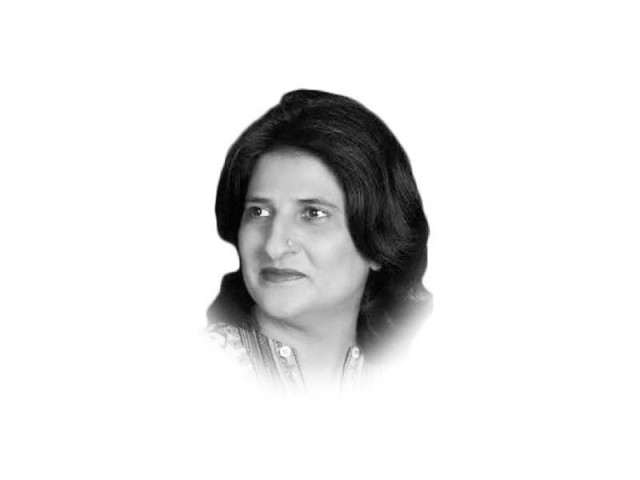Brewing US-Taliban proximity and Pakistan
.

In December 2022, through an article, I had inquired the state of Pakistan who we can blame for terrorism in Pakistan while the Afghan Taliban were sitting in the Presidential Palace in Kabul.
We used to blame Ashraf Ghani for being a stooge of New Delhi - someone who let India use his land to inject terrorism into Pakistan while the Afghan Taliban had been called brothers and friends. Now the state of Pakistan is using the same diction and questions raised by me two years ago. There have been reports of aerial strikes by Pakistan in "border areas" - which means the honeymoon with the Afghan Taliban is now over.
Thus far, the state of Pakistan was not ready to accept that its Afghan policy has been a total disaster, and that it had been nurturing an existential threat in its own backyard. I believe Pakistan can no longer hide it now, as the threat is knocking at the door. We indoctrinated almost a whole generation that the Afghan Taliban (part II of the Afghan Mujahedeen) loved Pakistan and they are (were) our comrades. Now, how can we let the past be buried and move on? Is it so easy? We raised a generation that believed (as we spent state resources to force them to believe) that a bright future for the Islamist state in Afghanistan would ensure a brighter future for Pakistan. I also tried to forget what we did and what we received from them and let the past be buried. Nevertheless, can we bury our future along with the past? If our Afghan policy was faulty, are we thinking of revisiting it and devising a new one? Yes, I think we are already in the process.
The reports of Pakistan's first-ever friendly contact with the so-called Northern Alliance, which is made up of non-Pashtun Afghans can be a step towards this. Pakistan has been blamed for the fall of Panjshir Valley and its handover to the Afghan Taliban as well. I have reason to believe that Ashraf Ghani's government was toppled by design, involving a deal between the Afghan Taliban, Ghani and the West. Now, the Western media as well as think-tanks are also raising the issue claiming that one of the points of the deal was providing a safe passage to Ghani to Tajikistan. I believe he was told his role was over and new character were to appear on the stage with a new trajectory, shifting slightly from Russia to China. Recently, the US-based 'Transatlantic Intelligence Consortium' claimed that Washington is constantly funding the Taliban and up to $87 million per week is flying into Kabul on planes while $10 million per month goes to the Taliban's Doha office in Qatar to cover "administrative costs". It is also claimed by some US quarters that Kabul is also receiving some share from the $446 million sum allocated under Operation Enduring Sentinel (OES) in the year 2024.
This scenario confirms fears that Pakistan cannot trust the Afghan Taliban if they are part of greater Western agenda in the region nor can China, Russia and Iran trust them. This backdrop helps understand why the Afghan Taliban-backed TTP is focused on harming Chinese interests in Pakistan.
Sarah Adams, a former CIA officer who had been based in Pakistan, recently claimed that $3.5 billion was taken from Afghanistan's legitimate government reserves and funnelled for use by the Taliban, while being conveniently parked in a Swiss bank account. If this is true, then Pakistan can understand the closeness between Washington and the Afghan Taliban, and the threat that this combine can pose to the Chinese interests in Pakistan. It can also be true that the US might facilitate re-emergence of Indian intelligence within Kabul as part of a larger deal with the Afghan Taliban - something that is sandwiching Pakistan between East and West borders where Indian interests are sitting on both sides. Ironically, neither Pakistan's Foreign Office nor state-funded think tanks are highlighting these sensitive subjects.
The situation is quite critical for Pakistan and demands critical actions including a strong diplomatic move to tell the West that Pakistan is aware of what is cooking up among New Delhi, Washington and Kabul.















COMMENTS
Comments are moderated and generally will be posted if they are on-topic and not abusive.
For more information, please see our Comments FAQ